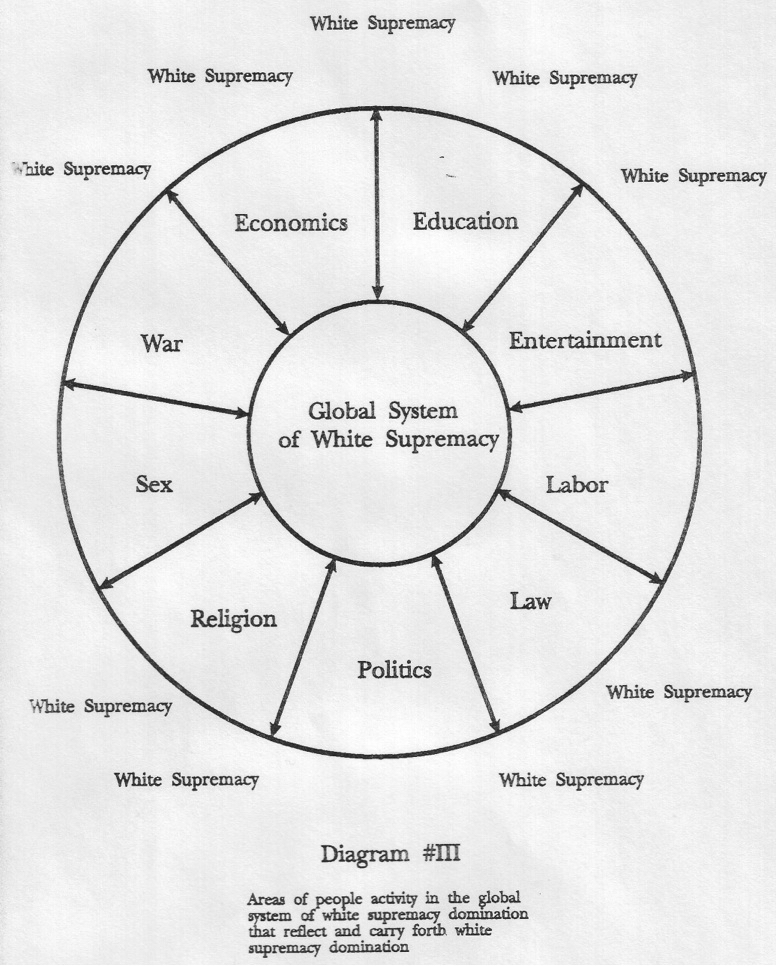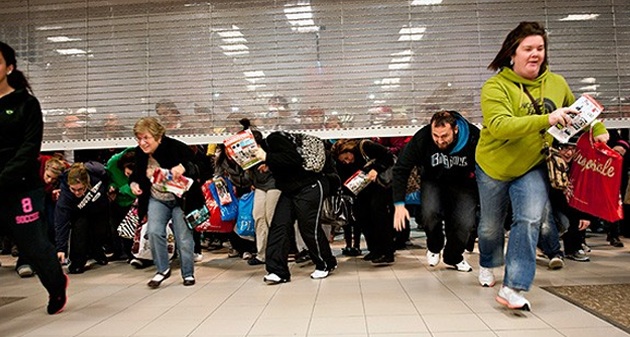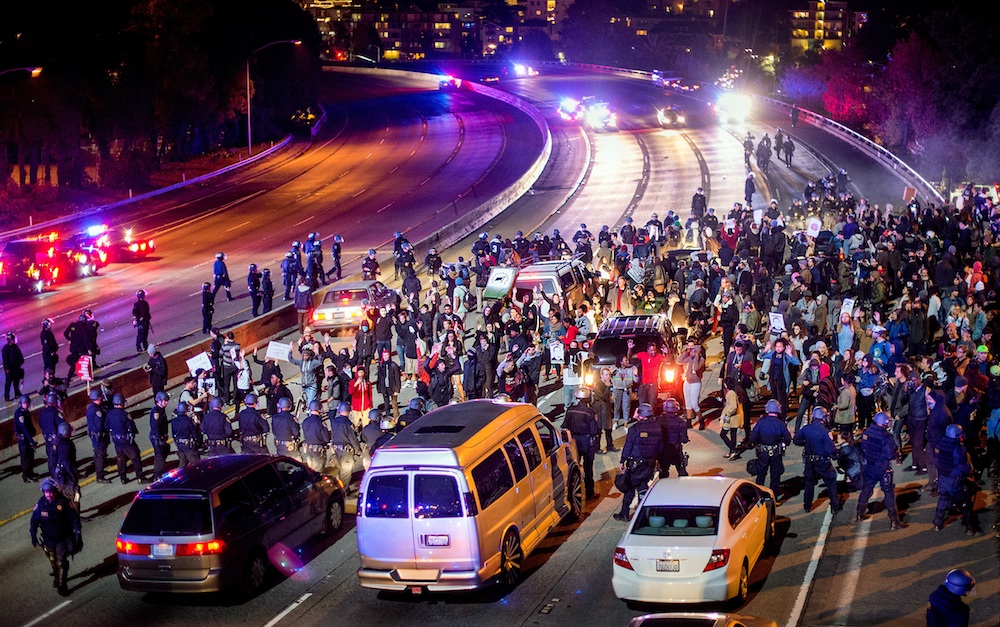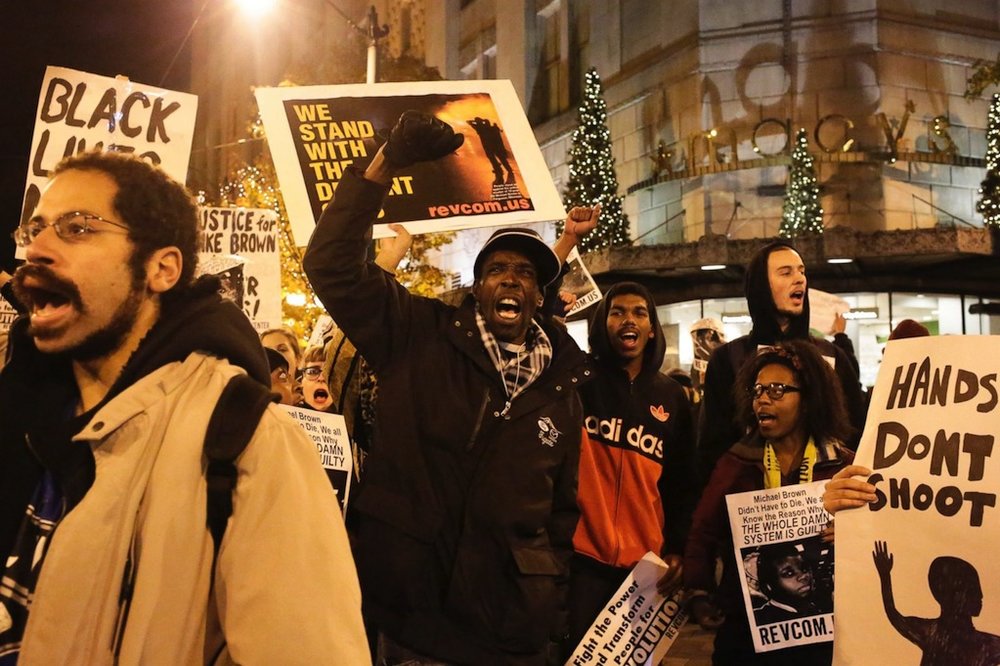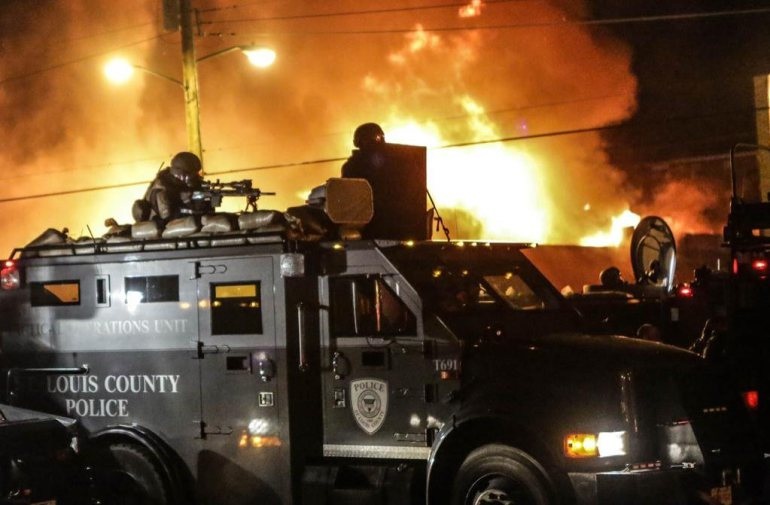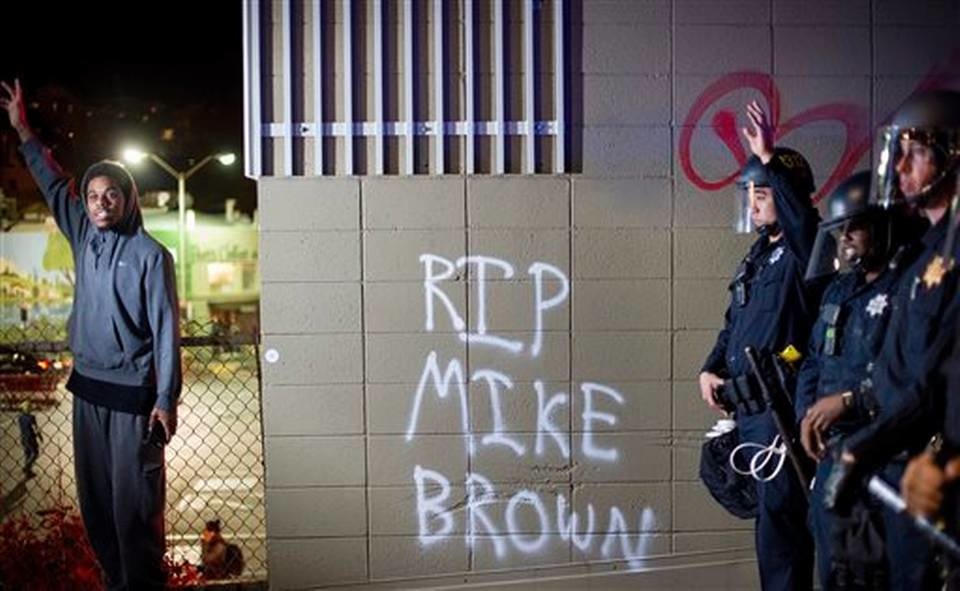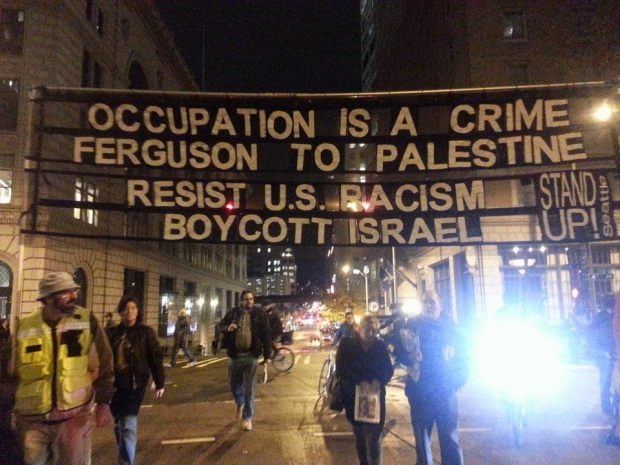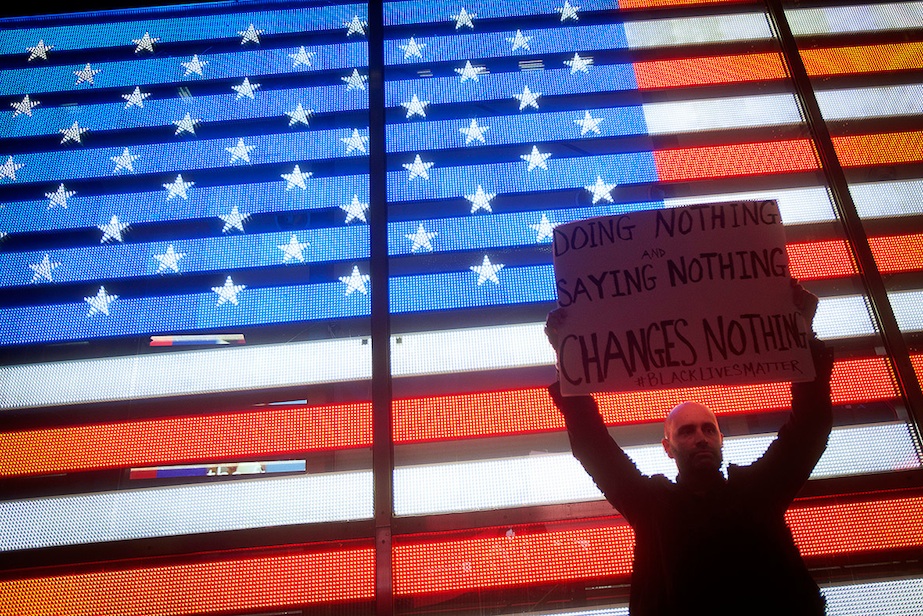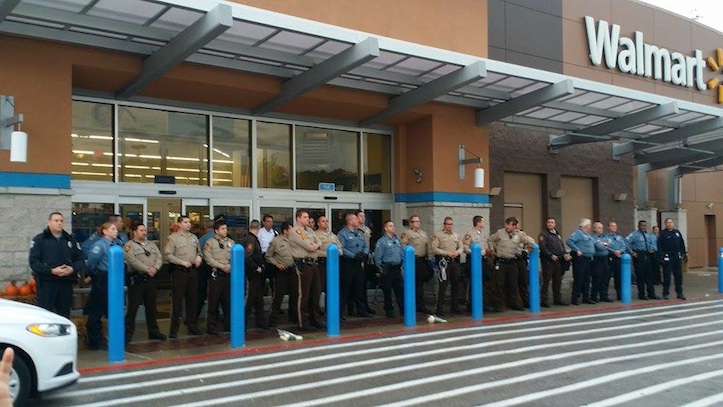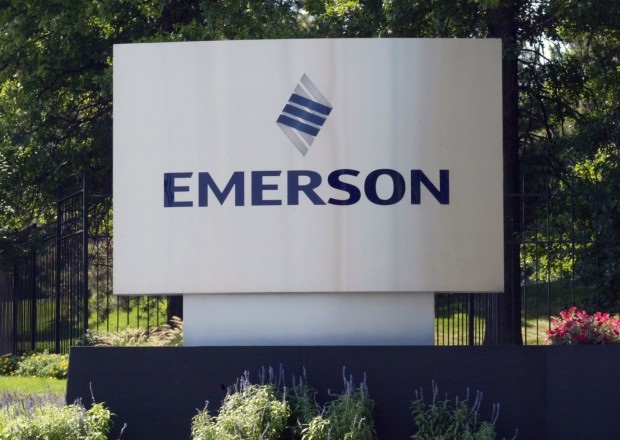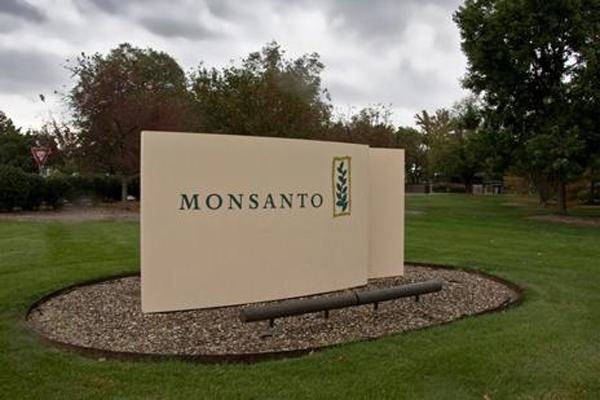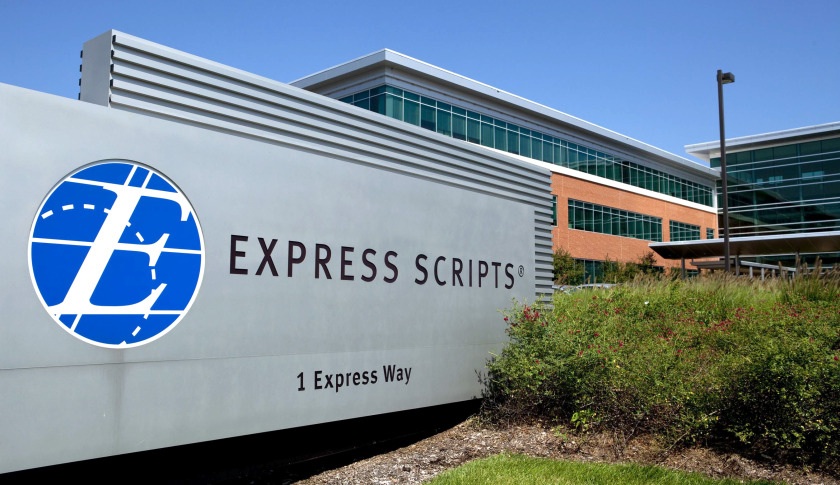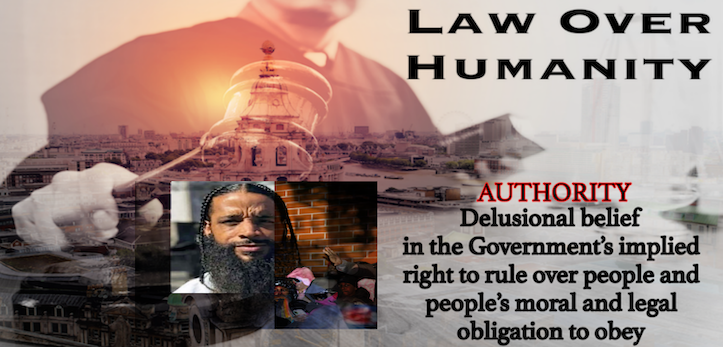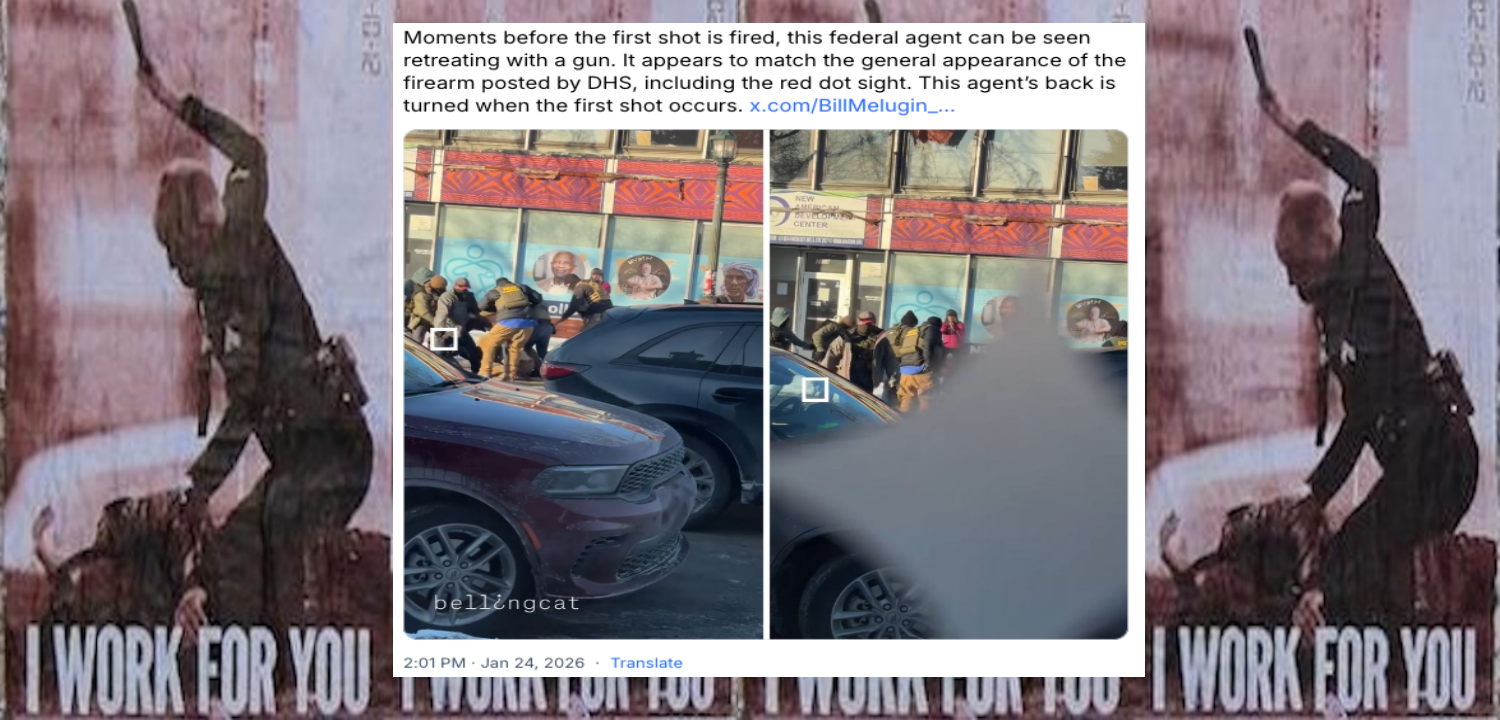Who are the Largest Prison Bankers?
/From [InvestigateAFSC] Prison authorities contract with financial firms to manage the funds of incarcerated persons. Individuals are assigned accounts for use while incarcerated and issued release cards (prepaid debit card) upon release. These accounts hold the cash people were arrested with, along with electronic or telephone money transfers and services. Individuals in prison use the accounts for commissary purchases or savings. In some cases, correctional facilities charge for necessities such as toiletries, winter clothes, or shoes. Families also send money to pay for in-prison medical co-pays, court costs, photocopies, legal mail postage, and so on.
The main companies involved in this sector are:
Bank of America, of Charlotte, NC (NYSE: BAC)
JPMorgan Chase, of New York, NY (NYSE: JPM)
SunTrust Banks Inc, of Atlanta, GA (NYSE: STI)
Wells Fargo, of San Francisco, CA (NYSE: WFC)
Western Union of Englewood, CO (NYSE: WU)
Access Corrections, Keefe Group inc., of San Antonio, TX (Private)
Global Tel*Link Corporation (TouchPay), of Mobile, AL (Private)
JPay subsidiary of Securus Technologies, of Dallas, TX (Private)
Numi Financial, of Carlsbad, CA (Private)
Until 2002, all prisons managed the accounts of incarcerated individuals in-house, and families sent money directly to the prisons. In 2002, the private company JPay set up accounts through its “commissions” incentive - offering financially-strapped prisons a way to make money through the privatization of money management for incarcerated people. Today, money management is outsourced to financial firms in municipal, state, and federal systems. “Prison Bankers” shift the system costs onto incarcerated people, their families and communities. Prisons receive a percentage of the financial firms’ profits--a commission, or kickback, which can amount to up to 40 percent. Contracts transfer various prison processing fees onto the incarcerated people, allowing the facility to directly charge the incarcerated individual’s account. This profit model is not competitive; contracts granted based on commissions do not adequately guarantee the quality of service and tend to push the cost of services and fees up.
Fees
The contracted financial firms' price gouge, charge fees for depositing money into accounts, and charge for the use of the debit cards. Prison authorities dock fees from the cards such as booking fees. Fees might be the most direct way prisons are making money off incarcerated people, quite literally taking money from their accounts. Families pay fees to send money to individuals in prison, and incarcerated individuals pay fees to use the money on their accounts. The deposit fee for electronic transfers typically ranges from 3.7 to 45 percent of the deposit amount depending on the provider or state contract. For instance, in 2014 correctional facilities in Virginia charged a $6.95 deposit fee to deposit 50 dollars into an account. These kinds of exorbitant fees accumulate to the point that families are forced to make hard decisions about sending money.
Corrections agencies argue that the move towards outsourcing incarcerated individual’s accounts to “prison bankers” creates a faster, transparent, and more efficient monetary transactions. However, a 2014 six-month long investigative report titled “Prison bankers cash in on captive customers,” by the Center for Public Integrity shows that families who send money through prison bankers experience more extended processing periods, higher fees, and have limited alternatives to the electronic transfers. In the case of industry giant JPay, families that opt out of using electronic or phone transactions have to wait a month for a money order to be transferred to an incarcerated family member’s account. After the publication of the Center for Public Integrity’s report, the prison banker JPay, stopped charging fees for money orders in all states except for Kansas.
The problem with this expanding model of prison banking is that it places low-income families in an even more financially stressful and vulnerable situation. Low-income families, who make up the majority of families with incarcerated loved ones, are reporting that they will forego paying their utility bills, accessing medical care, or eating on a regular basis to send some money.
Debt
As prices for necessary goods continue to escalate, together with prison banker fees, incarcerated individuals can quickly accumulate debt. There are cases where newly admitted individuals cannot pay for the initial cost of prison booking fees or basic goods. These costs are then put on the incarcerated individual's account and creates a debt that must be paid off before receiving any future money from their families. This creates a backlog of debt and makes it harder for families to send money that incarcerated people can use.
Release Cards
Release cards are specialized pre-paid debit cards given to discharged individuals. Formerly incarcerated people can transfer money left in their prison accounts onto release cards which can be used as a regular debit card outside of prison. These cards are controversial for their predatory lending practices. Depending on the service provider and location of the user, these cards may incur charges for checking the account balance, a monthly maintenance fee, a transaction fee, a low-balance fee, cash withdrawal fee, or inactive account fees. For instance, in 2015, JPay charged users in Tennessee .50 cents to check their account balance, .70 cents per transaction, .50 cents for balance inquiry, and $2.99 for a 90-day inactivity fee. On August 1, 2016, the Nation magazine published an expose on Numi Financial’s control over the jail release card market. The Nation reports that by focusing on jails instead of state and federal prisons (estimated 650,000 people released in 2013, combined), Numi has cornered a market with approximately 11.7 million people released or transferred annually. Opponents of these practices, the Human Rights Defense Center and the Prison Policy Initiative, argue that release cards exploit an already vulnerable population—forcing consumers to pay exorbitant fees to gain access to money they saved while incarcerated.
Regulation
Prisons that outsource and set up kick-back contracts with financial firms do so without any recourse by regulatory agencies or alternatives. Some financial firms such as JPMorgan Chase and Bank of America have exclusive and no-bid contracts with the Federal Bureau of Prisons. In 2014, the Center for Public Integrity's prison bankers reporting caused the Department of Treasury to open inquiries into JPMorgan Chase and Bank of America’s exclusive non-bid contracts. These no-bid contracts effect over 214,000 inmates in the Federal Bureau of Prison system. In September 2015, the Office of Inspector General released an audit report that confirmed the absence of documentation of the rationale to select JPMorgan Chase (JPMC) and Bank of America (BofA) as financial agents for the Bureau of Prisons. Furthermore, the report pointed to the lack of documentation of the amended contracts that allowed BofA and JPMC to offer services to BOP without any competition since 1998.
In November 2014, the Consumer Financial Protection Bureau (CFPB) issued a statement for a proposed regulation of pre-paid debit cards after the publication of their 2014 Study of Prepaid Account Agreements. The statement recommended that pre-paid cards provide consumers with legible and accessible information about their accounts, including a complete disclosure of all the fees associated with these debit cards.
The CFPB has yet to enforce any regulation on predatory practices of prepaid debit cards. The agency announced plans to issue changes in the regulation of prepaid debit cards in July 2016. As of August 2016, the CFPB has not released new rules for the regulation of prepaid debit cards.





